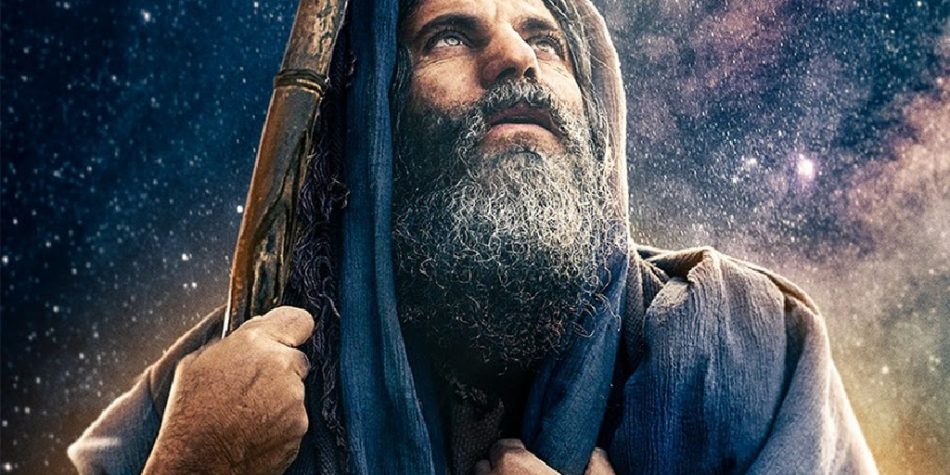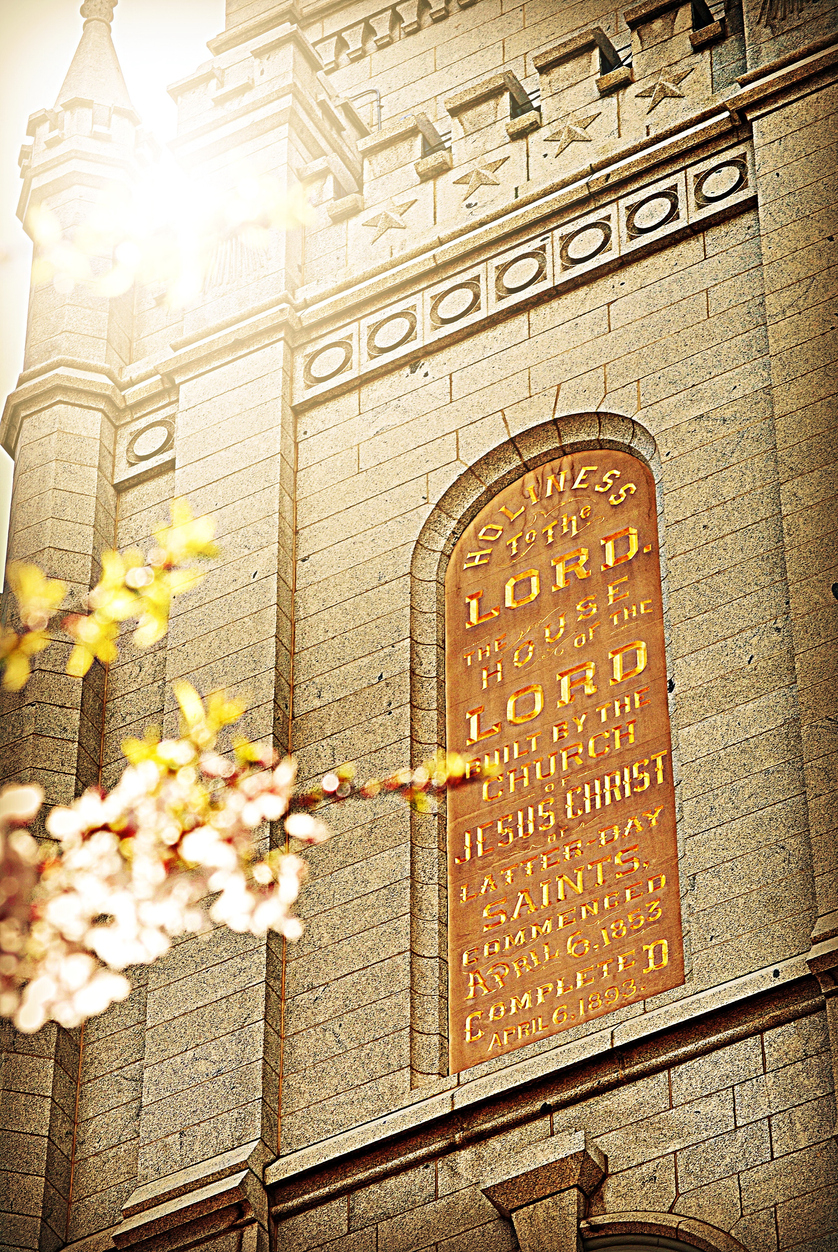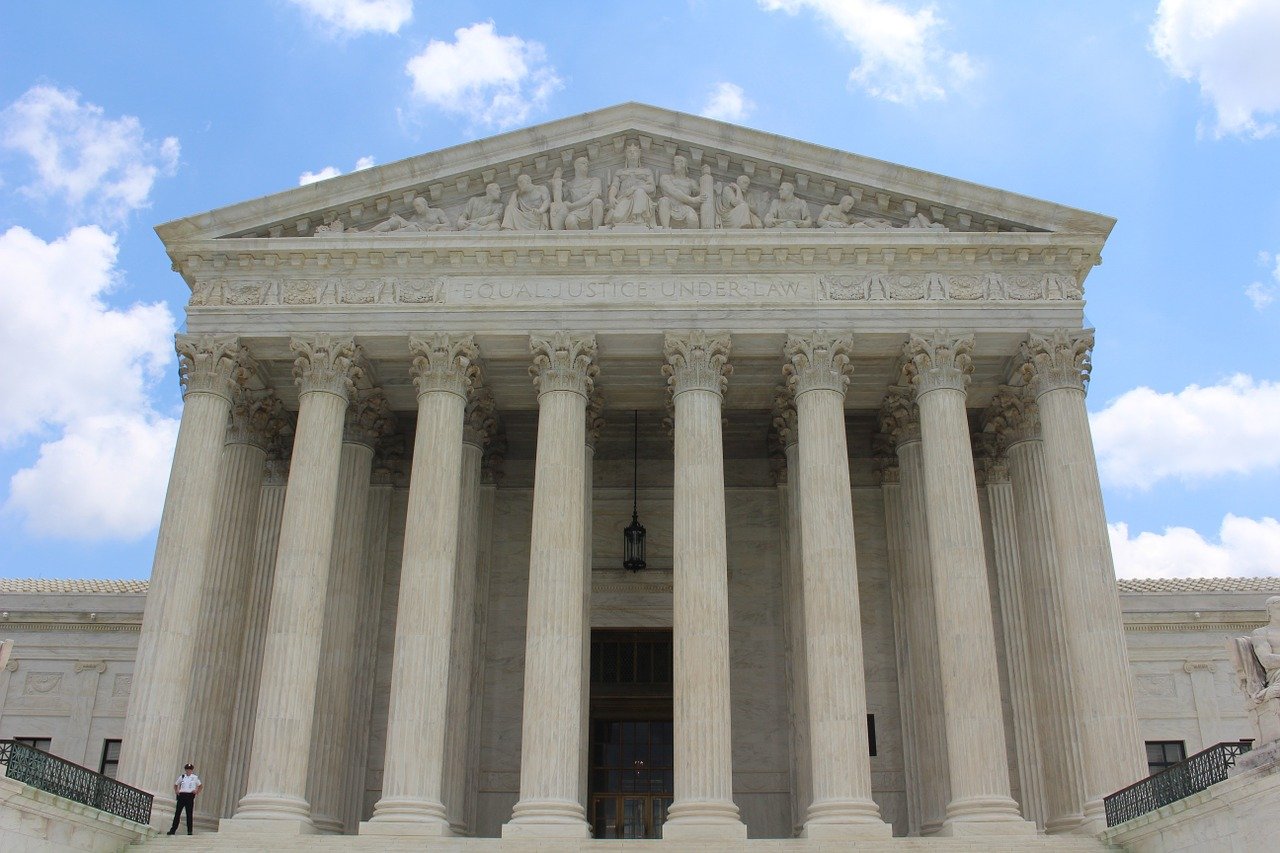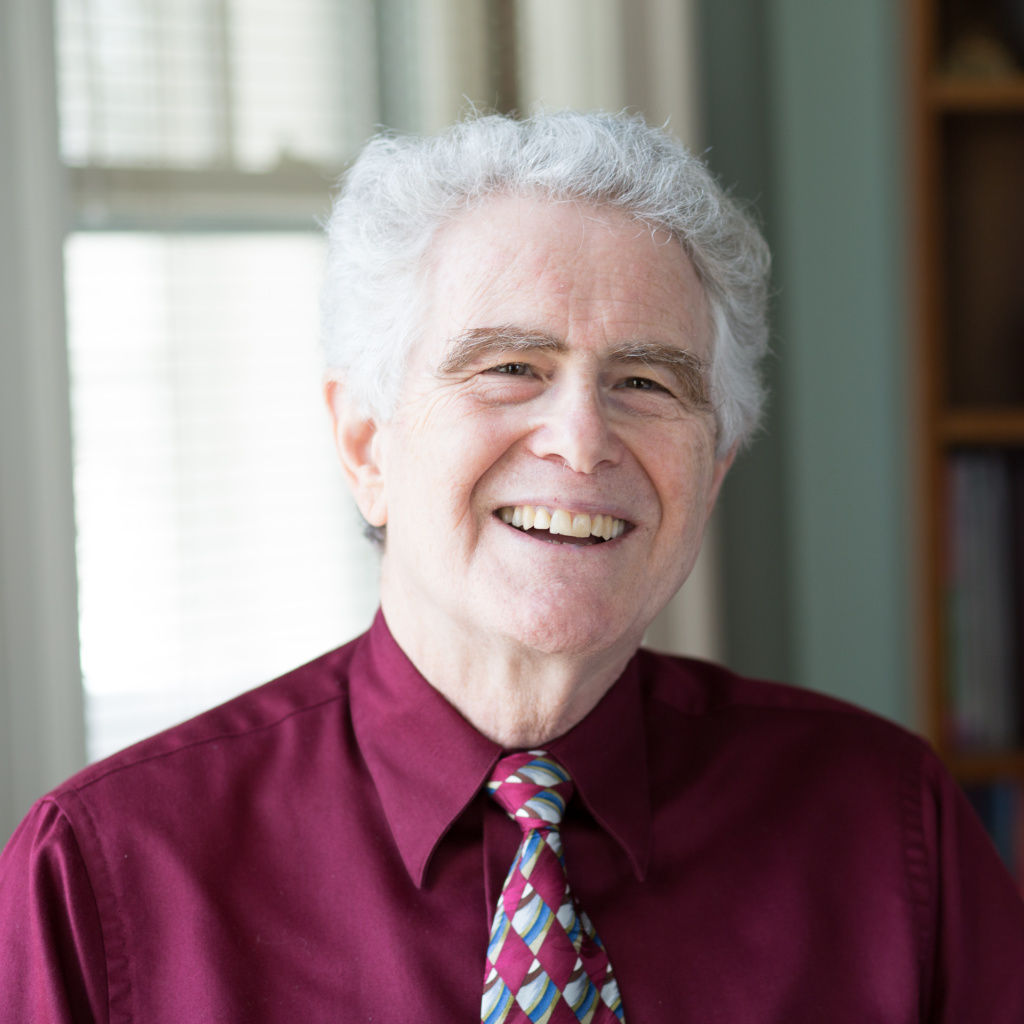What if you sacrifice everything for one transcendent goal, and when you finally reach it, you’re asked to sacrifice it too?
What if, after every sacrifice, weighing the costs and rewards, you are left with a great and final sacrifice, with only one reason—God said so?
This reality is foundational to the Abrahamic faiths. We sacrifice even when it makes no sense, even when it takes everything we have when God says so.
This concept is increasingly foreign in the secularized West, where our opulence allows us to believe we can have it all. So why give up anything?
Why indeed?
In the recent film “His Only Son,” Abraham faces these very questions. “His Only Son” is a touching film that delves into the experience of faith and explores the notion of sacrifice. Nicolas Mouawad, who portrays Abraham, delves deep into the reality of Abraham as a man and surfaces with both the honest struggles and honest strength that comes from his faith and relationship with the Lord.
In a post-screening Q&A, Mouawad explained that he had to remove the idea of Abraham as this great historical figure, to discover how the real person Abraham would have reacted in these moments. That work pays off because we can’t fully appreciate Abraham the figurehead if we can’t first see the real grappling of Abraham the person.
When it comes to matters of faith, it’s rare for a film this well-made to “get it.” Well, they get it in all its beauty, all its nuance, all its struggle. Why give up anything? Why indeed?
But this push to have everything is an illusion. Christians understand this in Jesus’ injunction that “no man can serve two masters: for either he will hate the one, and love the other; or else he will hold to the one, and despise the other.” Both Jewish and Islamic traditions have similar teachings.
You simply cannot enjoy both indulgence and temperance. And when you worship a God of mysteries—a God whose ways are higher than ours—we will be asked to sacrifice things that make no sense other than that we are sacrificing them for Him.
The script, written by David Helling, who also directed, takes Abraham on the journey from his home to the mountain where has been asked to sacrifice his son. During his travels, he remembers his time with Sarah and their struggle to have a child. Abraham remembers the many sacrifices he made to the Lord with the promise that an entire nation would come from his seed. And now the Lord asked him to sacrifice the one thing he had sacrificed everything for. Devotion to God is the ultimate sacrifice.
The widespread presence of Abrahamic faiths in the United States, along with their common narrative of sacrifice and familial bonds, offers a fascinating framework for examining the relationship between religious devotion and the concept of sacrifice.
In a study of seventy-seven religious adolescents from Jewish, Christian, and Muslim families, participants reported making sacrifices for their faith in various domains, including societal expectations, popular culture, comforts and pleasures, time and activities, and peer relations.
They reported several reasons for being willing to make sacrifices, such as connecting to a higher meaning or purpose, connecting to God, connecting to the faith tradition or community, fulfilling expectations, and avoiding problems. These individuals of faith brought to their life the experience of Abraham.
And by sacrificing for others, they feel themselves lifted up. In a recent set of interviews about the relationship between sacrifice and self-care, Anokie, a Native American Methodist, said about his marriage, “I think we would agree [caring for others] is an investment [for which] we are richly rewarded” and his wife concurred, “No matter what you do, a lot of times you think you’re doing it to help others, but you end up getting so much for your time.”
The study’s authors conclude that religious belief can help turn sacrifice into self-care, a process they describe as a “genuine transformation of motivations.” Latter-day Saints already understand this idea in the words of Joseph Smith, “a religion that does not require the sacrifice of all things never has power sufficient to produce the faith necessary unto life and salvation.”
Sacrifice traditions within Abrahamic religions demonstrate the importance of prioritizing faith and devotion to a higher power. These traditions can serve as an example for others, showing that making sacrifices for one’s beliefs can lead to personal growth, resilience, and a stronger sense of purpose. By understanding and embracing the concept of sacrifice, individuals can learn to prioritize the most important aspects of their lives and cultivate deeper connections with others, their faith, their communities—but most importantly, their God.
On this Easter week, we are reminded of the ultimate importance of sacrifice. Of God sacrificing “His only begotten Son, that whosoever believeth in Him should not perish.” Sacrifice can be contradictory, soul-wrenching, and meditative. But it is the foundation of our faith. “His Only Son” inspired me by seeing how a faithful man could come to understand a mighty sacrifice he was asked to undertake. We must resist the cultural winds that tell us we can avoid sacrifice. We will sacrifice something. Let’s make sure it’s not God.

















